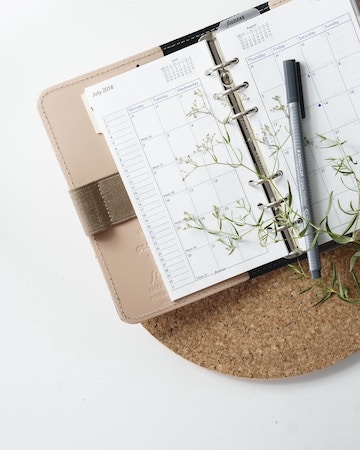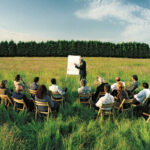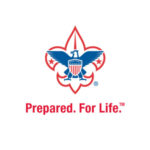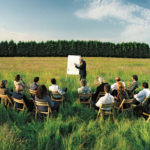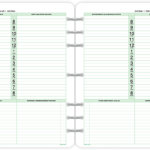“It’s more important to have vision than plans. You’ll often have to change plans to realize your vision.”
—Jon Gordon, Bestselling Author & Keynote Speaker
The distinction between vision and plans lies in their role in guiding action toward our goals.
While both are critical, vision provides foundational purpose and adaptability, whereas plans offer tactical execution.
A vision defines the aspirational purpose that inspires and unifies stakeholders. It serves as a long-term compass, ensuring efforts remain aligned with core values and ideals, even as circumstances change.
Plans translate the vision into actionable steps but risk rigidity if disconnected from the vision. Without a vision, plans may become misaligned with broader objectives, or fail to inspire sustained commitment.
EXERCISE:
In what ways are your current plans anchored in your vision?
How does your core purpose support the needed flexibility, adaptability, and resilience so necessary in our rapidly changing world?


